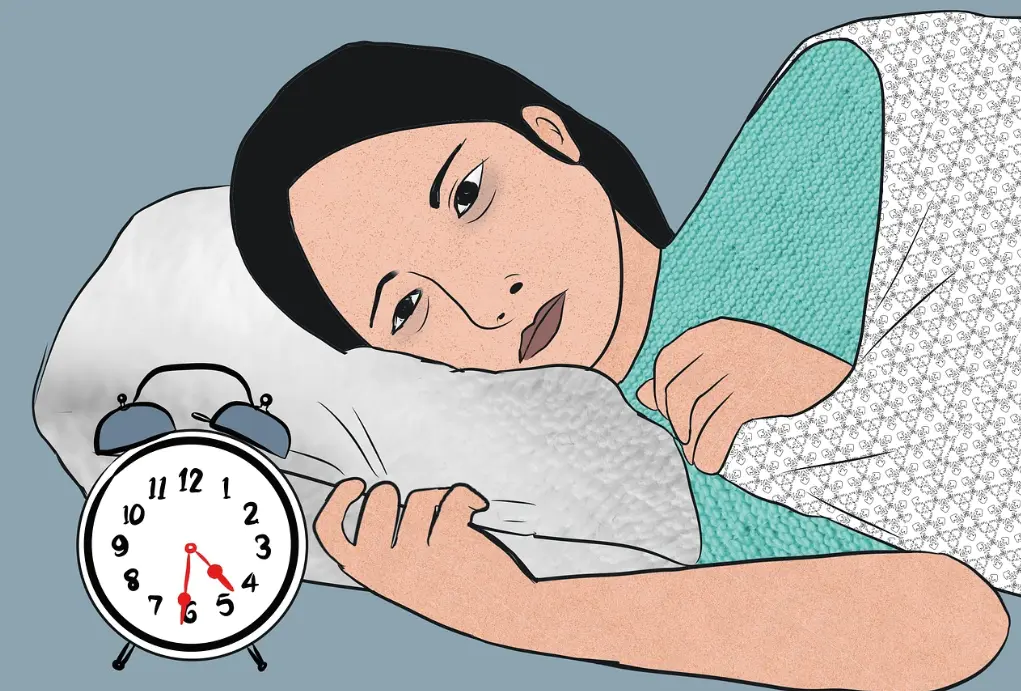Music is widely recognized for its capacity to induce relaxation and tranquility, with therapeutic applications in addressing anxiety, depression, and enhancing cognitive and motor skills. Scientific studies have demonstrated that music can have profound physiological benefits, such as decelerating heart rate, reducing blood pressure, and diminishing stress hormone levels.  **The Mechanism Behind the Magic** When you immerse yourself in soothing melodies, your body releases chemicals and hormones that elevate your mood. Dopamine and endorphins are two key hormones that are triggered by calming music. Endorphins are associated with feelings of pleasure, happiness, and a sense of security, and they also function as natural painkillers, similar to the effects of morphine. Dopamine, meanwhile, is linked to the pleasure centers of the brain and is released during activities that are rewarding, such as listening to music, which also motivates you to seek out more pleasurable experiences. Beyond the mood-boosting effects, music also influences the levels of immunoglobulin A and cortisol. Immunoglobulin A is crucial for combating viruses and other pathogens, and music can boost its levels, thereby strengthening the immune system. Cortisol, a hormone associated with stress, can lead to undesirable effects such as cravings and high blood pressure when present in high concentrations. Relaxing music can lower cortisol levels, thus alleviating stress and anxiety. **Choosing the Right Tunes** While musical tastes are subjective and vary greatly, not all genres are equally effective in stress reduction. Slow-paced and serene music, such as classical, tends to be more effective than fast-paced, loud music. The body reacts to the tempo and rhythm of music; fast and loud music can increase heart rate and energy levels, while soft music can have the opposite effect. Familiarity with the music also plays a significant role in the body's response. Known music can create a sense of comfort and balance, while unfamiliar tunes might cause discomfort or irritation. If classical music doesn't resonate with you, consider the sounds of nature, which can evoke peaceful imagery, such as a babbling brook on a warm spring day.
**The Mechanism Behind the Magic** When you immerse yourself in soothing melodies, your body releases chemicals and hormones that elevate your mood. Dopamine and endorphins are two key hormones that are triggered by calming music. Endorphins are associated with feelings of pleasure, happiness, and a sense of security, and they also function as natural painkillers, similar to the effects of morphine. Dopamine, meanwhile, is linked to the pleasure centers of the brain and is released during activities that are rewarding, such as listening to music, which also motivates you to seek out more pleasurable experiences. Beyond the mood-boosting effects, music also influences the levels of immunoglobulin A and cortisol. Immunoglobulin A is crucial for combating viruses and other pathogens, and music can boost its levels, thereby strengthening the immune system. Cortisol, a hormone associated with stress, can lead to undesirable effects such as cravings and high blood pressure when present in high concentrations. Relaxing music can lower cortisol levels, thus alleviating stress and anxiety. **Choosing the Right Tunes** While musical tastes are subjective and vary greatly, not all genres are equally effective in stress reduction. Slow-paced and serene music, such as classical, tends to be more effective than fast-paced, loud music. The body reacts to the tempo and rhythm of music; fast and loud music can increase heart rate and energy levels, while soft music can have the opposite effect. Familiarity with the music also plays a significant role in the body's response. Known music can create a sense of comfort and balance, while unfamiliar tunes might cause discomfort or irritation. If classical music doesn't resonate with you, consider the sounds of nature, which can evoke peaceful imagery, such as a babbling brook on a warm spring day.  Music has the unique ability to impact both your psychological and physiological state, making it a valuable tool in managing stress. It can either distract you from your emotions and memories or facilitate a deeper exploration of them, based on your needs. Utilize music as a means to quiet your mind and comfort your spirit when you're feeling stressed and in need of respite.
Music has the unique ability to impact both your psychological and physiological state, making it a valuable tool in managing stress. It can either distract you from your emotions and memories or facilitate a deeper exploration of them, based on your needs. Utilize music as a means to quiet your mind and comfort your spirit when you're feeling stressed and in need of respite.












